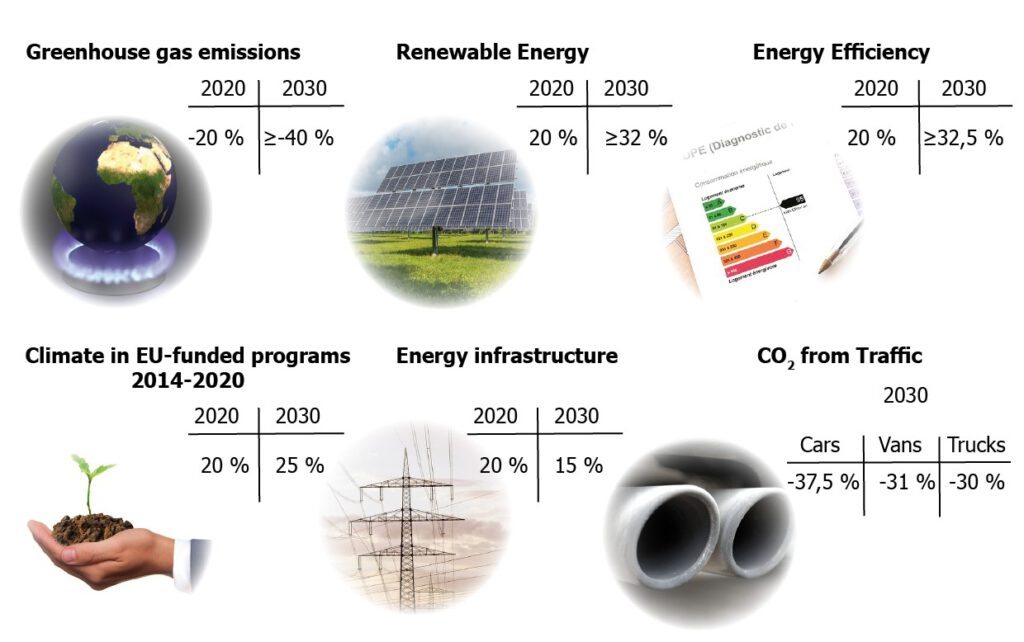
Need for Solution
The latest report from the Intergovernmental Panel on Climate Change (IPCC) predicts that without drastic measures to reduce CO2 emissions and to reduce energy consumption it is unlikely to reach the target of limiting the increase in global average temperature to 1.5 °C above pre-industrial levels. Achieving these goals is only possible if all organizations, including local authorities, step up their climate action.
Around 80% of European citizens live in an urban environment. This means that most of the energy that is needed is used in cities and towns, with a high potential to improve energy conservation, use energy more efficiently and use renewable energy sources as clean, sustainable solutions. The main need is to impact on CO2 emissions caused by the human use of energy which significantly contributes to global climate change. This needs to be urgently reduced, with only a small window open for action, as stated by the IPCC. Recent experiences have shown that local communities can go beyond the 40-30 objectives and the EU is ready to scale up the reduction of overall emissions to much higher potential.
Continuing the success of the Covenant of Mayors, the Mayors Adapt initiative was launched in 2014, based on the same governance model and calls on signatory cities to make political commitments, act in such a way as to anticipate and prepare for the inevitable impact of climate change. At the end of 2015, the initiatives merged under the auspices of the new institution – the Covenant of Mayors on Climate and Energy – adopting the European Union’s 2030 targets, as well as an integrated approach to climate change mitigation and adaptation. Thus, the signatory cities are committed to supporting the EU’s goal of reducing greenhouse gas emissions by 40% by 2030 and taking a common approach to integrating climate change mitigation and adaptation strategies.
